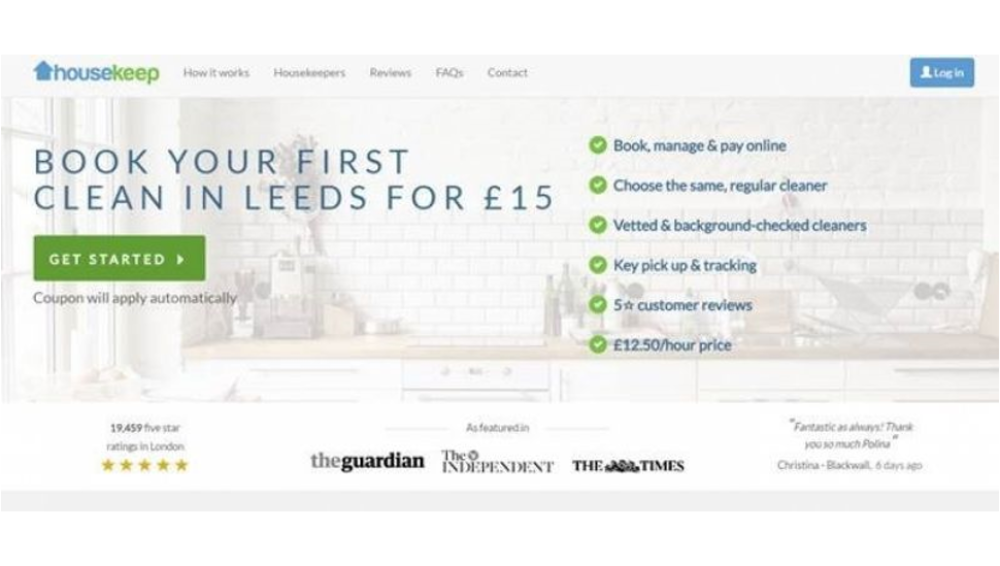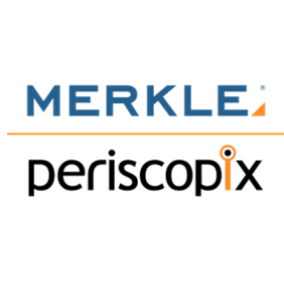Dynamic Landing Pages: Relevance Made Easy
25 Jan 2017

Improve Relevance, Improve Performance
As we all know, having a relevant landing page is a key part of PPC; it will provide a boost to your quality score, which can in turn lower your cost-per-click (CPC). Not only will a relevant landing page help you drive traffic to your website at a lower cost but it can also have a big impact on whether or not that traffic then turns into business. Having a landing page with messaging that is closely in-line with both your ad and the search term makes for a smoother and clearer user journey. This means that users are more likely to convert, or at least that’s the theory.
However, it can often be difficult to ensure that you have a landing page that is relevant to every search term that a user might enter, especially if you are running an account with a large number of ad groups. Building out hundreds of specific landing pages will take up valuable development time, which can quickly outweigh any benefits that having the pages may bring. This means that the majority of advertisers end up having to direct their traffic to a more generic “one-size-fits-all” landing page.
But what if we didn’t have to build out separate landing pages for every ad group and instead had one landing page that automatically updated to be as relevant as possible? What impact would that have? Well, we put together a little test to try and figure that out.
Customising At Scale The Easy Way
Housekeep are one of Merkle | Periscopix’s clients. They are an online platform that allows users to find, book, manage and pay for a local house cleaner. They deliver tens of thousands of cleans every month and recently won the title of ‘Service Business of the Year’ at the Startups Awards 2016. They are growing rapidly and PPC is an important channel for them when it comes to acquiring new business.
However, when people are looking for cleaners there is always one key thing on their mind and that’s location. In other words: “does this cleaning service cover the area that I live in?” This consideration has a big impact on the way that people search, which means that we have had to adapt our PPC strategy to match. This has resulted in an account based around location-related search terms.
There are 400+ ad groups in the location based campaign that we built, and each one corresponds to an area that Housekeep services. This means that when a user searches for “cleaners in london”, they will be shown a very relevant ad that reads “Cleaners In London”. However, the problem remains that when a user clicks on an ad they are taken to a generic landing page that does not reference their location at all.
So, using a bit of trickery, we created a landing page that dynamically inserted the location into its main heading, depending on which ad group a user had come through. Then if someone searched for “cleaners in leeds” our landing page saying ‘Book Your First Clean for £15’ to ‘Book Your First Clean in Leeds for £15’.
This meant that no matter how many ad groups we had, the landing page could always display the most relevant location possible.
Once we set this up, we directed 50% of traffic to the standard page and 50% to a page which had the location dynamically inserted. We then left the test to run until it had gathered a sizeable amount of data.
The Findings
The results were pretty enlightening. Overall, we found that desktop conversion rate was up by 9.2% with the dynamic landing page, which wasn’t bad, but the most impressive results were seen on mobile, where conversion rates jumped by a whopping 25.2%. The difference in performance on the two device types is perhaps not surprising when you compare what the landing page looked like on mobile and desktop.
On mobile the dynamic, location-based headline took up far more room on the page than it did on desktop. However, we would have to carry out more tests to determine whether this was the true reason for the difference.
Just by having a landing page that was more relevant to the user, we managed to drive thousands of pounds’ worth of extra potential business to our client. When you consider the fact that this test only ran for a month or so and still managed to generate that much additional revenue, you realise the true value of Conversion Rate Optimisation.

Please login to comment.
Comments